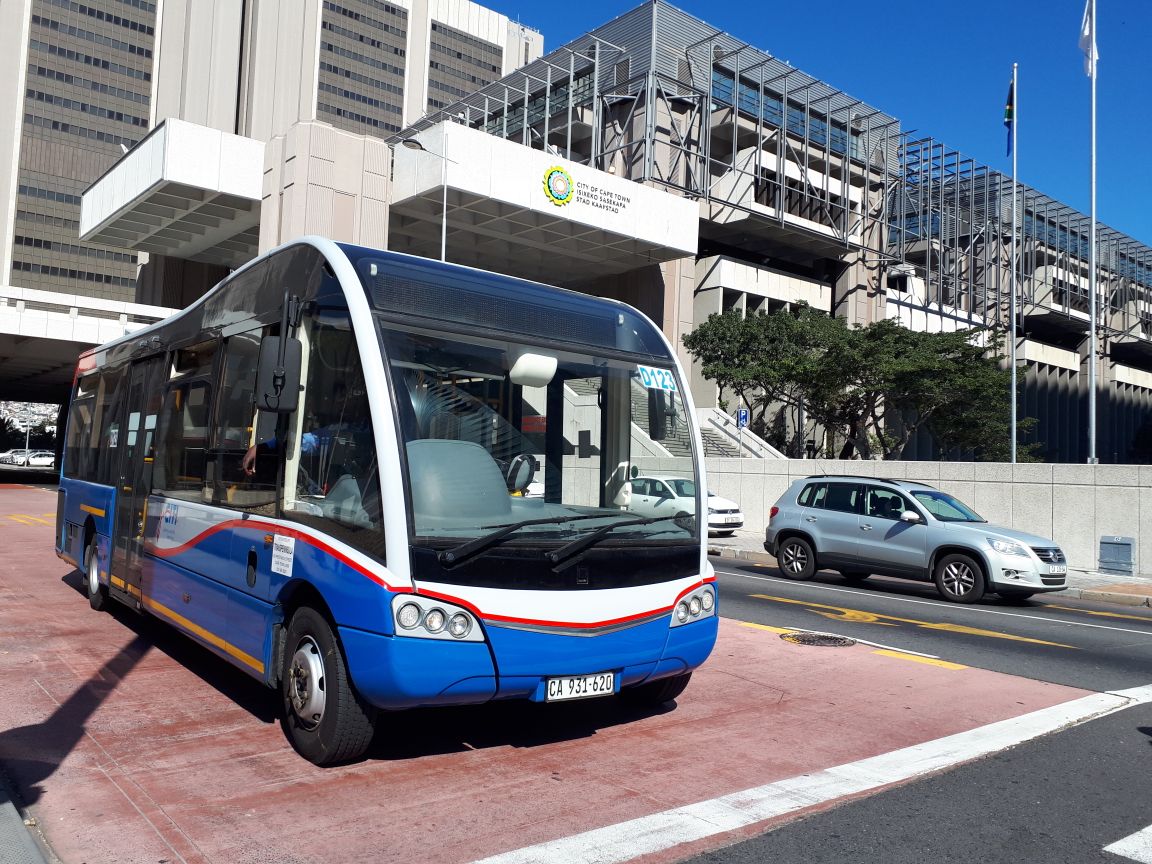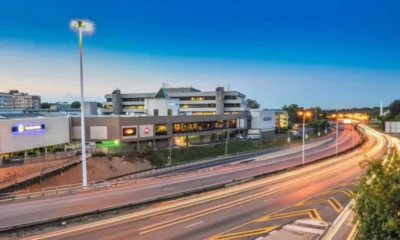News
R2 Billion Tender for Johannesburg, Zero for Cape Town’s Locals: A Betrayal of Economic Justice

The Shocking Tender Decision That Leaves Cape Town’s Poor Behind
Cape Town, a city steeped in pride and resilience, has been rocked by a decision that many are calling an outright betrayal of its people. The City has awarded a staggering R2 billion tender for cleaning and security services to a Johannesburg-based company, CBRE Excellerate Facilities. This move has left local businesses, community groups, and thousands of unemployed Capetonians questioning their place in the city’s economic landscape.
At a time when local businesses and residents are struggling to find work, the city chose to hand over the lion’s share of this contract to an outsider. The tender, which will span eight years, raises a number of important questions about local economic development, the priorities of the City’s leadership, and the potential long-term impact on the community.
Where Does This Leave Cape Town’s Locals?
The impact of this decision goes beyond the financial figure. The awarded tender will cover essential services like cleaning, security, and maintenance at some of Cape Town’s busiest transport hubs, including MyCiTi stations. While the work itself is vital, local small businesses, cooperatives, NGOs, and youth-led enterprises, who are more than capable of performing these tasks, were left out of the equation.
Cape Town is home to thousands of talented individuals who are more than qualified to handle these jobs. Yet, instead of providing much-needed employment to local workers, the City opted to send R2 billion out of town. What’s worse, there was no mention of how many local jobs would be created or whether Cape Town-based businesses had even been considered.
The Case for Local Procurement
Let’s break down the numbers. Imagine if just half of this R2 billion — R1 billion — was dedicated to Cape Town-based contractors. That could have resulted in:
-
5,000 sustainable local jobs for unemployed residents.
-
The creation of hundreds of small businesses working together to maintain and secure our transport hubs.
-
Training and capacity-building opportunities for youth, enabling them to gain skills that would last a lifetime.
-
Economic ecosystems built around local cooperatives, faith-based organizations, and civic bodies.
This isn’t just idealism; it’s proven economic strategy. Cities like Barcelona, Cleveland, and Manchester have embraced similar models of community wealth-building, and the results have been transformative. Why is Cape Town not doing the same?
Excuses Won’t Hold Up
The City has already started rolling out the typical responses to shield itself from criticism. “The tender was fair,” they say. “The winning bidder scored highest on compliance,” they argue. But let’s stop and ask: Who sets the criteria for compliance? Who decides what “capacity” means, and why does it exclude local players?
This is a textbook case of economic exclusion, a system that works to maintain the status quo while ignoring the potential of ordinary people. What is happening here is systemic gatekeeping, dressed up as ‘fair competition.’
A Vision for Economic Justice
Imagine a different Cape Town — one where local businesses, not Johannesburg-based corporations, hold the key to building a thriving city. What if that same R2 billion had been distributed across Cape Town’s 24 wards, with each ward receiving R83 million to form local cooperatives for maintenance and security? This would have meant:
-
Job creation in every community across Cape Town.
-
A focus on skills development for the next generation of workers.
-
A model of community-led oversight, with ward committees, local NGOs, and faith leaders ensuring transparency.
This is not some pie-in-the-sky dream. It is a feasible, sustainable model that can turn Cape Town into a city where local people, not outsiders, control their economic future.
The Wider Pattern of Disregard for the Poor
This tender is not an isolated case. It reflects a broader trend in Cape Town’s governance — one that continuously prioritizes profit over people. We’ve seen it in:
-
Gentrification that displaces the city’s most vulnerable communities.
-
Privatization of public spaces, taking away the commons from the public.
-
Red-tape that stifles informal traders, who are the backbone of the city’s economy.
By outsourcing key contracts like this, the City is reinforcing a system that benefits large corporations while leaving local businesses and workers behind. It’s a system that needs to change.
The Call for Action: What Capetonians Can Do
This R2 billion decision must not be allowed to pass quietly. As Capetonians, we have a right to demand:
-
Transparency: What local bids were received? Why were Cape Town-based companies rejected? Who made the final decision, and on what grounds?
-
Justice: The City must ring-fence 60% of this contract for local subcontractors. We need an economy that prioritizes local businesses and workers over corporate giants.
-
New Procurement Policies: The City must overhaul its procurement systems to prioritize community-driven economic development. Local businesses must be the first choice for City contracts, not the last resort.
The Final Word: Cape Town Is Not for Sale
Cape Town has always been a city built on the backs of its people. From the streets of Khayelitsha to the heart of the City Bowl, it’s the everyday Capetonians who clean, guard, and maintain the city. Yet, with this R2 billion tender, the message from City leaders is clear: Capetonians are not good enough to serve their own city.
But this decision is not just about one contract. It is about a broken system that values the powerful and penalizes the poor. We must speak out, stand up, and demand change. We must say: R2 billion should build our city — not enrich outsiders.
The time to act is now. We are watching. We are organizing. And we will hold our leaders accountable.
Source:IOL
Follow Joburg ETC on Facebook, Twitter , TikTok and Instagram
For more News in Johannesburg, visit joburgetc.com


























